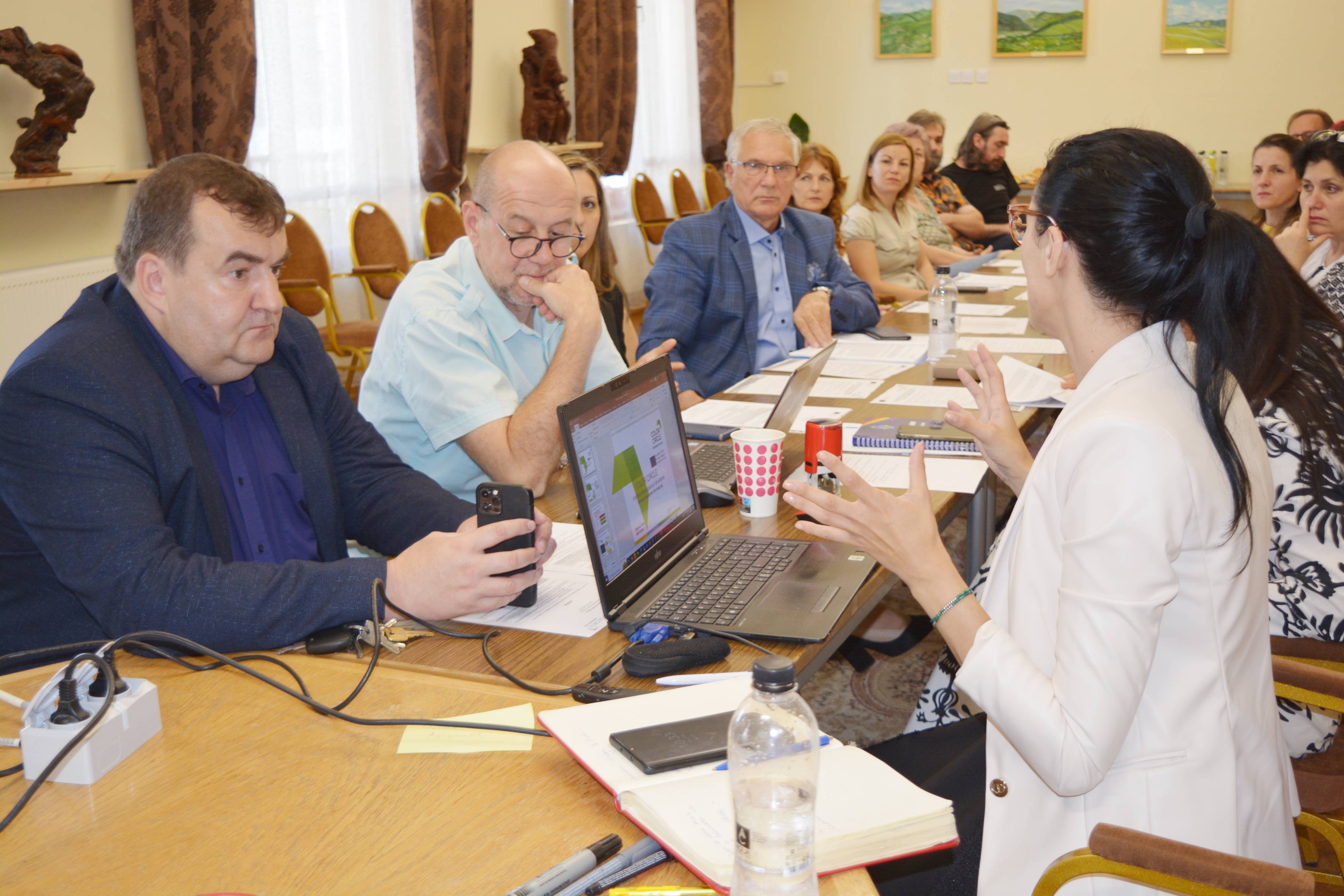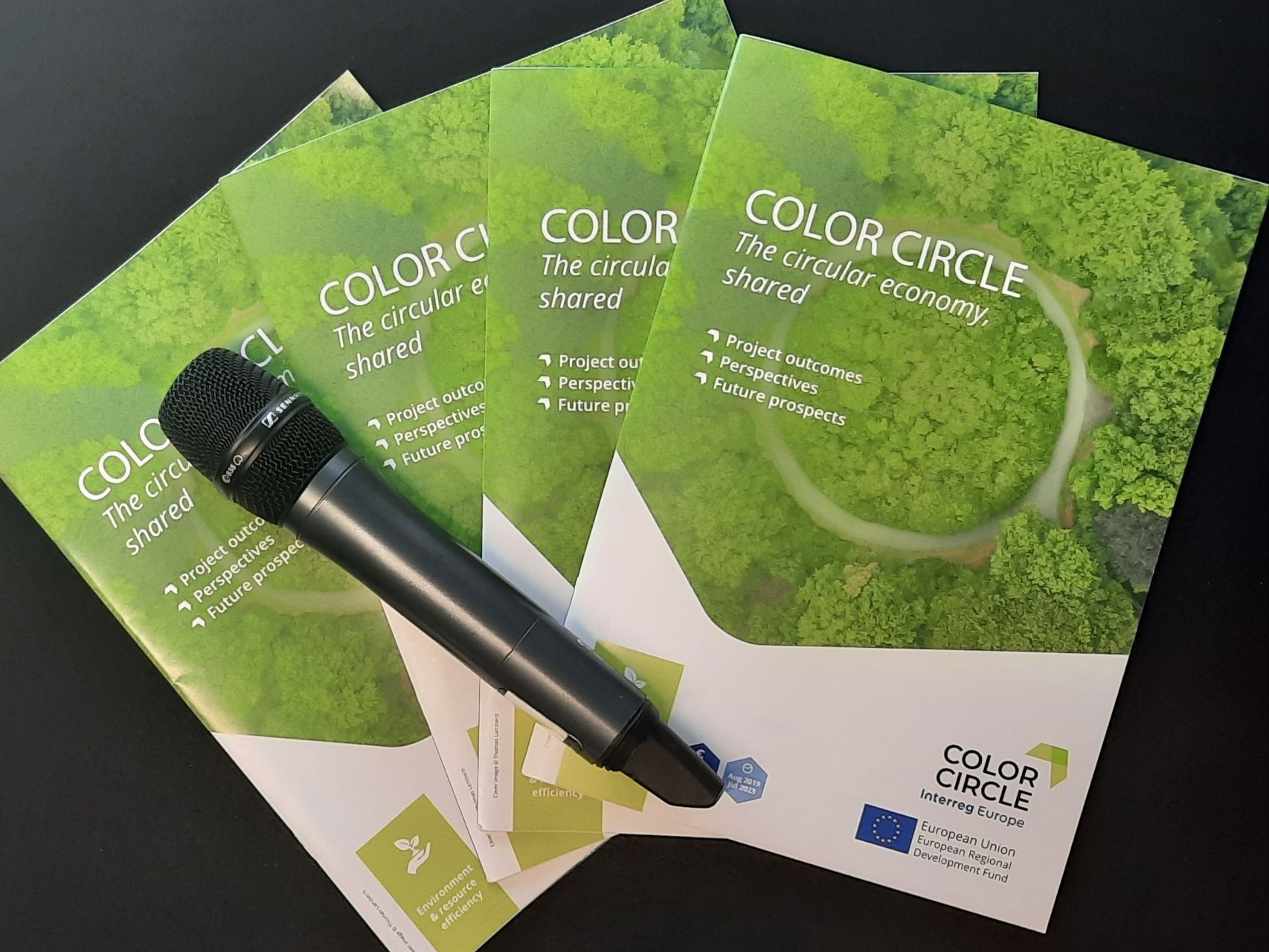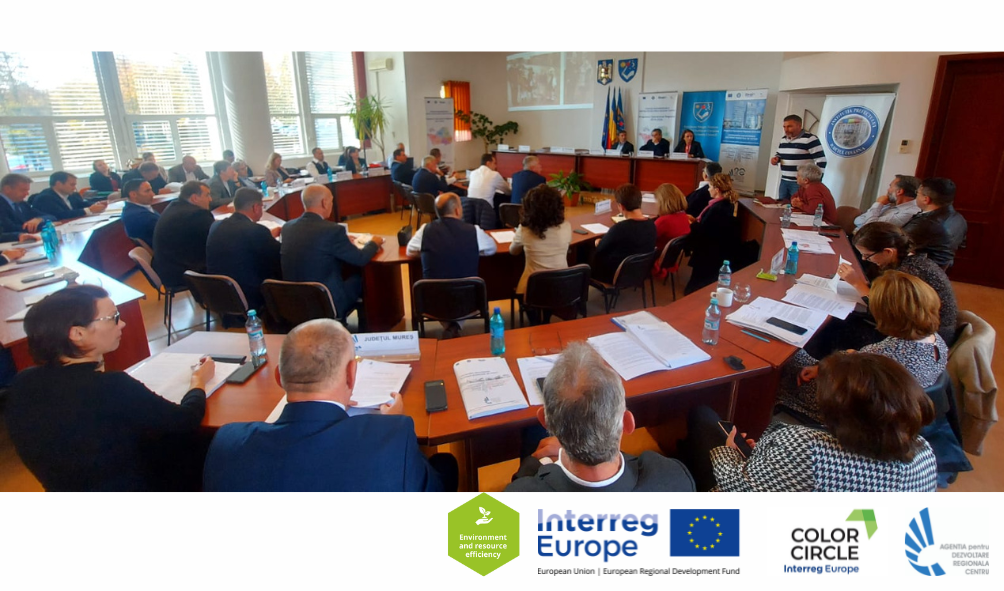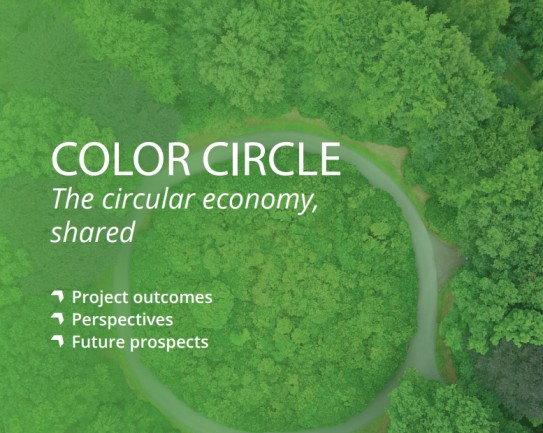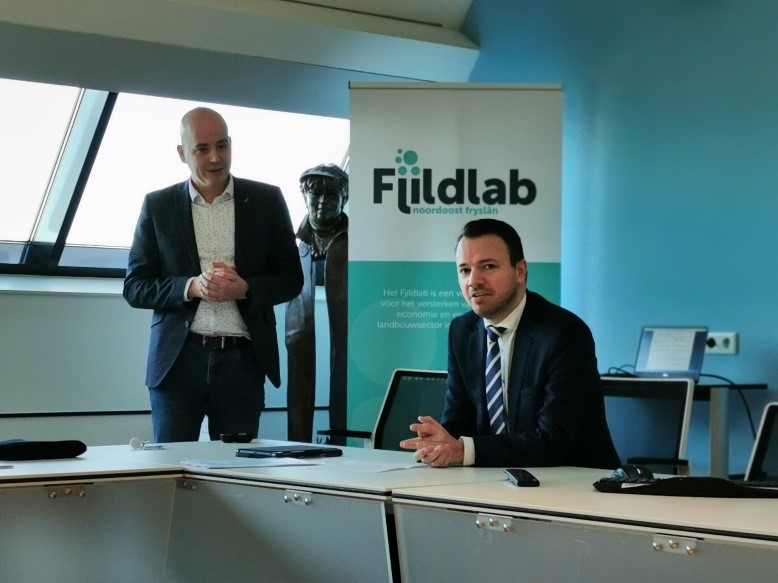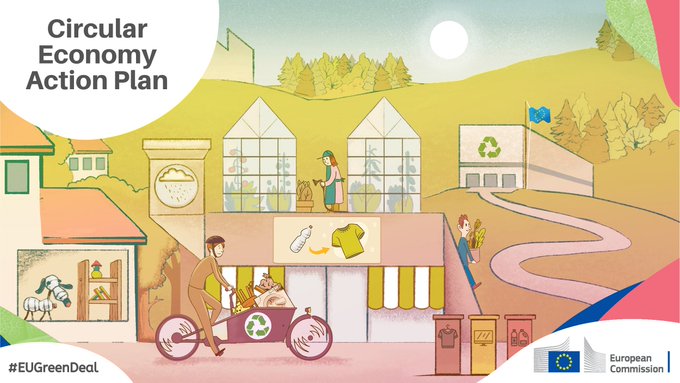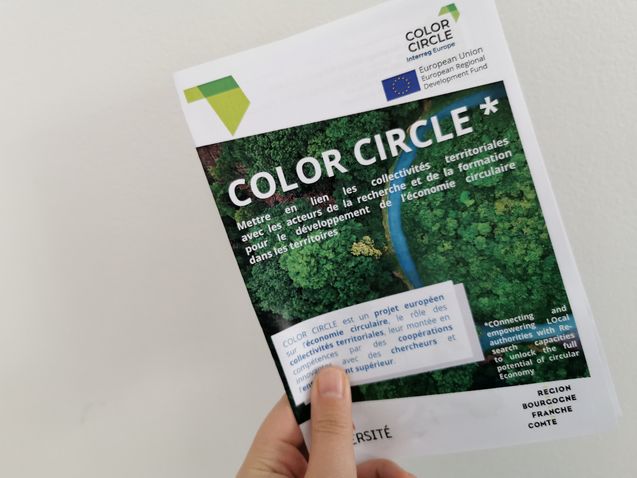Poplar rows in farmlands promote biodiversity and, by generating yields of timber (wood-fuel and fodder), diversify revenue sources and increase income. But in Andalusia, poplar plantations have been disappearing replaced by other crops such as asparagus or garlic, which are more profitable for the farmer explains Pr Antolina Gallego Molina from the University of Granada. The area dedicated to forestry has been reduced by more than half.
As a consequence, the chain of transformation of poplar, which contributes to 11,000 direct jobs in rural areas in Spain, faces a drop in the supply of European product that is already a reality. Moreover, according to data provided by the Association of Manufacturers of Plywood Board (AEFCON), from 2020 there will not be enough wood of national production to supply the industry, a situation that will be further accentuated in 2023. The industry has the alternative of importing raw materials, of course, but this implies higher production costs that will be transferred to the final product and, in the case of importing raw materials from countries such as China, it does not appear whether it comes from forests and plantations managed in a sustainable way.
To counteract this situation, the University of Granada and the IFAPA-Institute for Agricultural Research and Training and Fisheries) are promoting and organizing initiatives such as the Andalusia Poplar Board (Mesa del Chopo de Andalucía), sponsored by the Social Council of the University of Granada and in which different public entities take part (Junta de Andalucía, Diputación de Granada, Ministry of Agriculture-CNCh), associations of owners, industrial , poplar plantation management companies, investigating agents (UGR, IFAPA), social agents, AEFCON and Junta de Castilla y León as a reference.
The Agropoplar initiative intends to create a network of trials of agroforestry systems (SAS) composed of crops and poplars selected for environmental sustainability in 5 countries of the Mediterranean basin (Spain, France, Italy, Tunisia, Portugal). Objectives are to increase the value of SAS farm wood under a circular economy perspective, facilitating the production of engineered wood products (EWP); to develop and execute marketing campaigns to spread the benefits of the SAS poplars and transfer any relevant knowledge to Mediterranean countries with limited wood resources.
(photo credit : javi_indy - fr.freepik.com)




